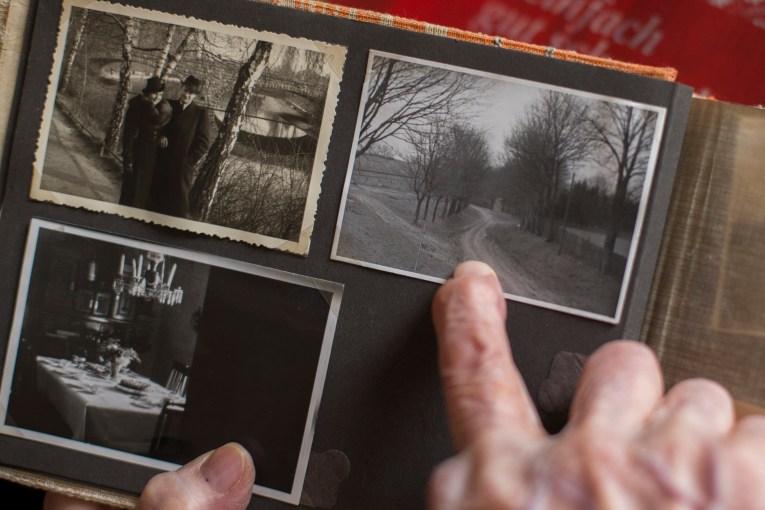Engine failure blamed for Medan air crash
The Indonesian military plane that crashed into a residential neighbourhood and killed 142 people likely suffered an engine failure, the air force says, but denied the aircraft was overloaded after claims civilians had paid to get on board.
The Hercules C-130 transporter went down on Tuesday in the city of Medan shortly after taking off from a nearby airbase, exploding in a fireball and causing widespread destruction.
Air Vice Marshal Agus Dwi Putranto, an air force operations commander, told reporters initial findings indicated the 51-year-old plane had failed to gain enough speed after one of its four engines malfunctioned.
• 142 dead in Indonesian military plane crash
• Indonesian military plane crashes in city
“There’s a likelihood that a propeller had stalled,” he said on Thursday. “Going at a slow speed, the plane swerved to the right and hit an antenna tower.”
He said the pilot had asked to turn back to base shortly after take-off, adding: “It means there was a problem.”
Witnesses have said the plane was tilting and giving off black smoke just before it crashed into a massage parlour and hotel in a newly built residential area.
However, Putranto denied the plane was overloaded after the air force repeatedly revised up the number of people on the flight, sparking accusations paying civilians were on board, in violation of military rules.
“It’s unlikely an overcapacity problem,” the commander said. He said that the Hercules can carry 12.5 tonnes, but the passengers on the flight would have only weighed about eight tonnes.
There were 122 people aboard the plane, mostly servicemen and women and their families, with the rest of the fatalities thought to have occurred on the ground.
Relatives of some civilians from non-military families have said they paid between 700,000 rupiah ($A65) and one million rupiah to travel on the aircraft. The military has denied taking payments and vowed to investigate.
The search for bodies officially ended late on Wednesday, and the air force began transporting coffins of those killed across the vast archipelago for burial.








